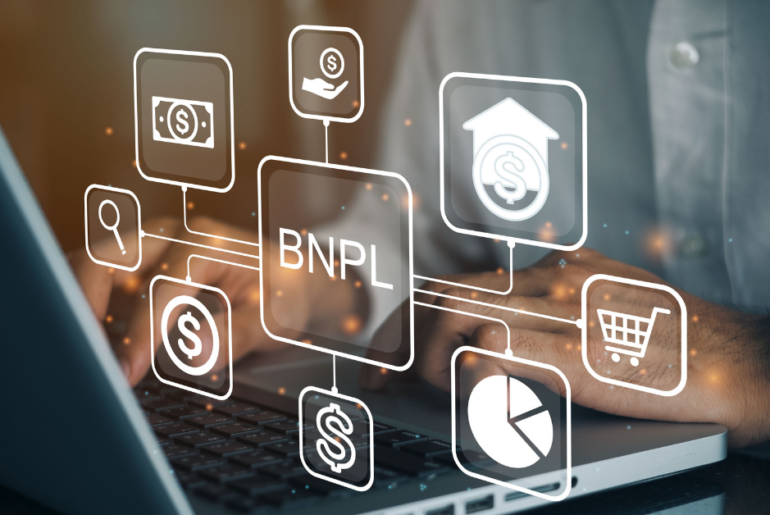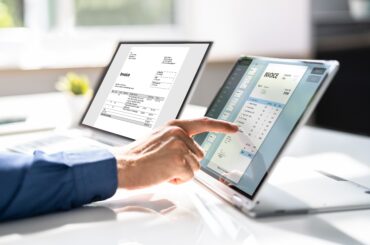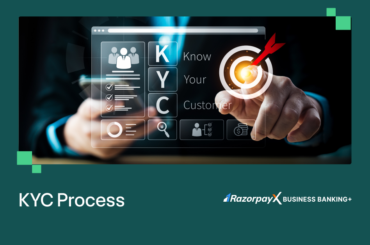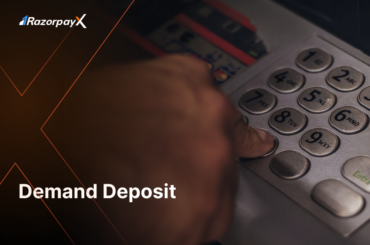The pandemic has forced consumers to consider numerous measures so that they can operate from the safety of their homes, and this has proved to be one of the major driving factors for the accelerated adoption of digital payments.
In 2021, online payment transactions in India more than doubled compared to 2020, crossing a billion in number, and digital payments become truly mainstream. The growth has further bolstered by the increasing smartphone and internet penetration in Tier-2 and 3 cities.
According to the report titled ‘The (Covid) Era of Rising Fintech’ by Razorpay, digital payments witnessed a spectacular spurt of 104% in 2021 compared to 2020.
Can you guess which digital payment platform registered the highest growth? BNPL is increasingly becoming the preferred credit channel for millions of Indians. This sector grew by a whopping 637% in 2021 to reach an estimated market size of USD 3.7 billion.
While shopping online during the festive sale, you may have noticed at the check-out page that many e-commerce websites and apps are now giving an option to buy now, pay later. It can also be seen on travel booking, food delivery and grocery delivery platforms.
Table of Contents
What is BNPL?
BNPLs are small-ticket loans that allow consumers to purchase various items online and offline. This short-term financing option lets them buy products upfront and pay for them later but within a stipulated period. They can either pay in a lump sum or take the no-cost EMI route. The underlying principle is to enhance consumer spending power through readily available credit.
How does BNPL work?
After making a purchase, customers select BNPL as the payment option and complete the process. They can then repay the sum in the next few weeks as per stipulation. If they are first-time users, they need to meet the know your customer (KYC) requirements, post which their application will be approved with a particular credit limit.
The customers can make the repayment of the amount in either of the two ways:
-
Auto repayment
Consumers need to link their debit card or bank account for auto repayment setup by performing a one-time verification exercise. Once done with the setup, they don’t need to worry about the repayment anymore. The due amount will be straightaway deducted from the linked debit card or bank account, making the process hassle-free.
-
Manual repayment
If consumers choose the manual repayment option, they will have to pay the instalments or the entire outstanding balance using their debit card, UPI or net banking. So, they will be solely responsible for the timely repayment of the due amount.
Advantages of BNPL
The main benefit of buy now, pay later is that it facilitates financial inclusion. Other advantages include:
- It allows consumers to purchase expensive items even during times of cash shortage
- Customers don’t require any credit history to use the buy now, pay later facility
- It saves time as consumers don’t need to wait for the next paycheck to buy what is needed now
- Allowing payments in instalments makes it convenient and easy, especially for expensive items
Difference between credit card and BNPL
Although both credit cards and BNPL are deferred repayment options for borrowers, there are a few key differences between the two credit products.
-
Eligibility
For credit cards, the eligibility is decided based on customers’ annual income and credit score. On the other hand, BNPLs are small-ticket loans with no such eligibility criteria and can be obtained very quickly.
-
Onboarding Fees
While many credit cards come with added costs, such as joining fees and annual fees, BNPL platforms don’t charge any fee for joining.
-
Interest
Typically, credit cards offer up to 45 days of interest-free credit period. In the case of most BNPLs, the interest-free credit period goes up to 15 days.
-
Acceptance
Credit cards are accepted universally, while acceptance of BNPL is limited to a few partnering merchants. However, it is worth mentioning that the number of BNPL partners is increasing at a breakneck pace.
-
Credit Limit
The credit limit on credit cards varies depending on your credit history. For BNPL, credit limit ranges between Rs 2,000 to Rs 1,00,000.
BNPL in the future
While BNPL services have been in the business for quite some time now, the pandemic has boosted consumer adoption and skyrocketed its growth in India. With more than a billion consumers and their inherent credit-averse approach, BNPL is set to disrupt the credit payments space in India.
According to the Q4 2021 Buy Now Pay Later Survey, the Indian BNPL industry is expected to grow 89.5% to reach USD 6.9 billion by the end of 2022. The industry is expected to put up a strong performance in the medium to long term as the BNPL payment adoption is slated to grow at a staggering CAGR of 54.3% during 2022-2028. This means that BNPL Gross Merchandise Value, which currently stands at USD 3.7 billion in 2021, will go up to reach USD 93.5 billion by the end of 2028.
Instant Settlements for Marketplace Sellers: The next big thing
Instant Settlements for Marketplace Sellers, an initiative by Razorpay, is a new hallmark in the buy now, pay later space. Here, sales can be settled in real-time and pushed to marketplace sellers in seconds. With Instant Settlements, sellers can receive their marketplace payouts instantly, even during non-banking hours, weekends and bank holidays. Try it today!
FAQ’s of Buy Now Pay Later In India
What is the full form of BNPL?
BNPL stands for Buy Now, Pay Later. It is a type of credit that allows consumers to purchase items now and pay for them over time.
What happens if I don’t pay the BNPL?
If you don’t pay the BNPL, you may be charged a late payment fee.
Is BNPL a credit?
No, BNPL is not a credit. It is a payment option that allows you to spread the cost of your purchase over time.
How is BNPL different from EMI?
BNPL is different from EMI in that it does not require you to have a credit card. It also offers a longer repayment period than EMI.
What are most popular buy now pay later?
The most popular buy now pay later options are ICICI Bank PayLater, GetSimpl, Flexipay by hdfc bank, amazon pay later and Lazypay.





